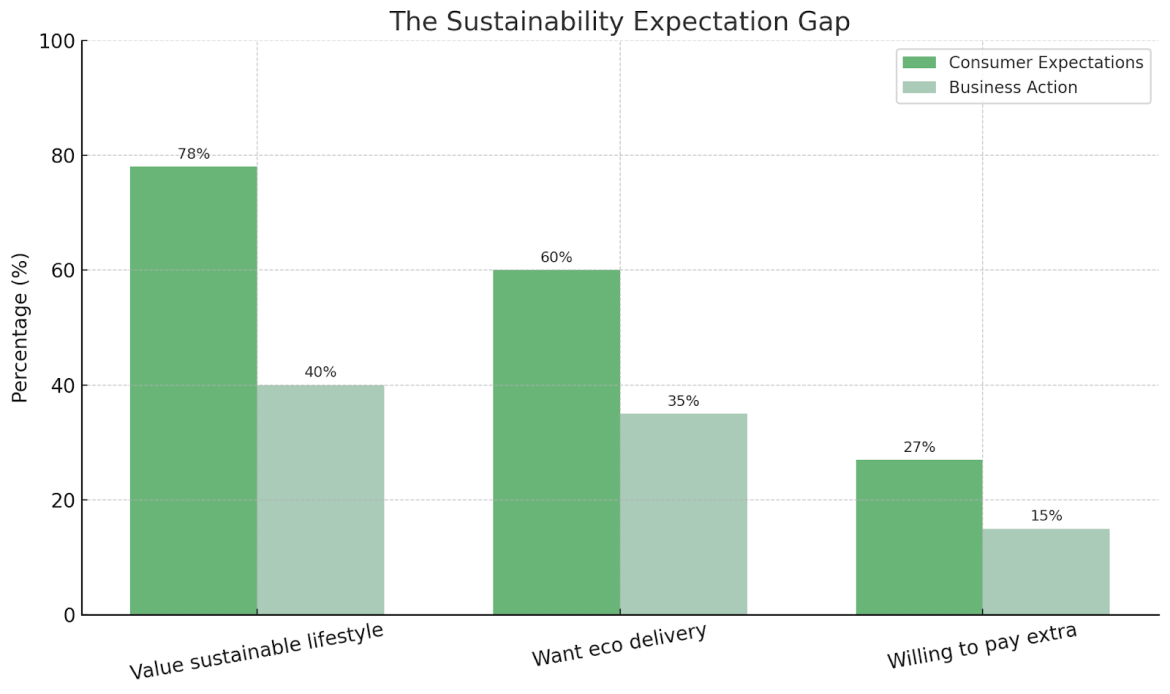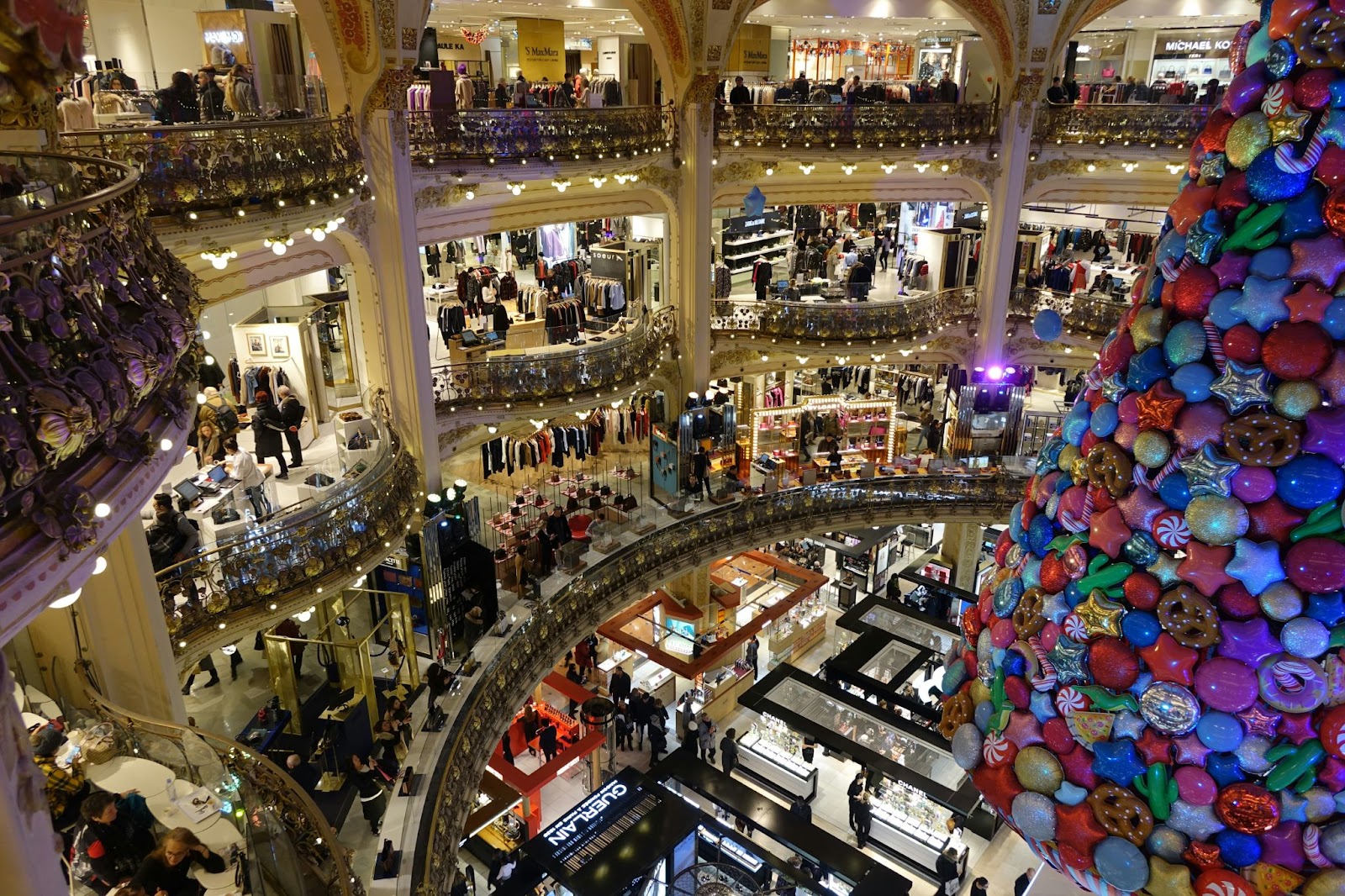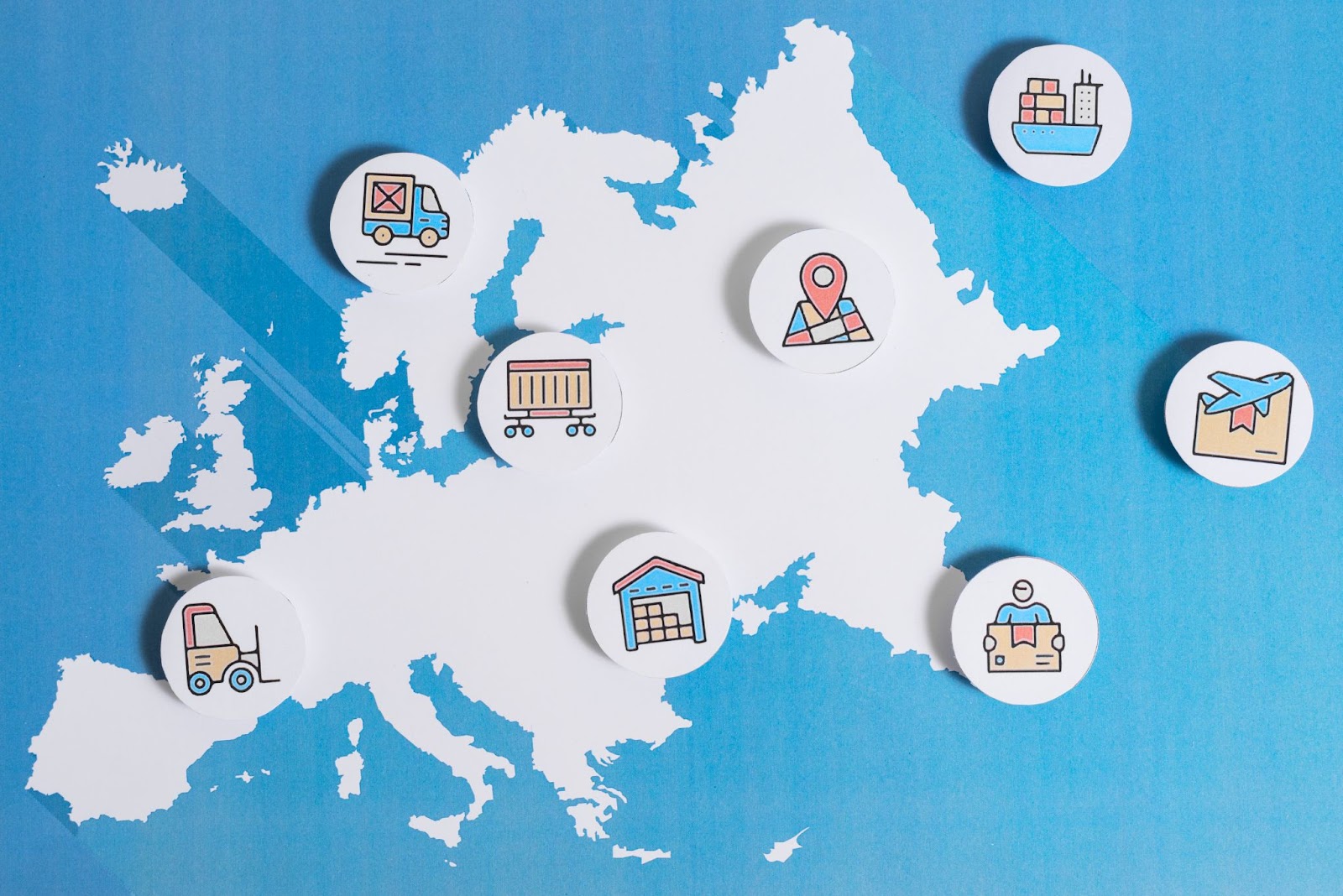Your eCommerce business is gaining momentum. Orders are increasing, inventory is turning over faster, and internal fulfilment is starting to show its limits. That’s when most brands consider outsourcing to a third-party logistics provider, or 3PL.
But there’s a decision to make. Do you choose a standard provider who simply moves boxes from point A to B? Or do you partner with a sustainable 3PL that supports your values and protects your brand reputation?
With logistics now responsible for at least 7% of global greenhouse gas emissions, who you partner with directly influences your environmental impact. Shipping smarter isn’t just about speed; it’s about impact. That’s why more eCommerce brands are putting sustainability at the heart of fulfilment.
In this post, we explore what 3PL sustainability means, why it matters, and how to choose a provider that helps your business thrive while treading lightly on the planet.
What Is 3PL Sustainability and Why Does It Matter?
Let’s start with a quick definition. A third-party logistics provider (3PL) handles core supply chain operations on behalf of a business. That includes warehousing, picking, packing, inventory management, and shipping.
But what does sustainability in third-party logistics involve? It refers to the way these services are delivered in ways that reduce environmental harm, support social responsibility, and make long-term economic sense.
This is often framed around the three pillars of sustainability.
1. Environmental Responsibility
This pillar focuses on reducing carbon emissions, energy consumption, packaging waste, and pollution across the logistics lifecycle. A sustainable 3PL will invest in clean energy sources, use low-emission transport, and eliminate unnecessary packaging wherever possible. These changes don’t just benefit the planet, they also create more efficient fulfilment workflows that lower operating costs and improve delivery performance over time.
2. Social Impact
Social sustainability in logistics is all about putting people at the centre of operations. That includes fair pay, safe working conditions, skills development, and long-term career opportunities. It also means showing up for the communities in which a 3PL operates, whether through charity partnerships, volunteer days, or local sourcing. When fulfilment centres value their people, it reflects productivity, retention, and client satisfaction.
3. Economic Efficiency
Sustainable logistics is not just an environmental win; it’s a commercial one. Efficient warehouse layouts, automation, and intelligent order processing reduce overheads and improve margins. At the same time, practices like route optimisation, real-time inventory visibility, and waste reduction drive smarter resource use. A sustainable third-party logistics strategy supports both scalability and financial resilience in a fast-changing market.
Why Sustainability in 3PL Operations Is Now a Business Essential
Sustainability is no longer just about protecting the environment. It is a key business consideration, influencing consumer behaviour, profitability, and regulatory compliance.
Consumers Expect It
A NielsenIQ study found that 78% of consumers value a sustainable lifestyle. More than 60% express a strong interest in eco-friendly delivery options, and 27% say they are willing to pay extra for them.
Brands that cannot meet these expectations risk losing customer trust, while those that prioritise sustainable fulfilment earn loyalty and long-term support.
Regulations Are Catching Up
From carbon reporting requirements to plastic packaging bans, businesses are facing increasing pressure from governments and regulators to take action. Partnering with a sustainable 3PL can help ensure compliance and reduce risk.
It Builds Brand Value
According to PwC, eight out of ten consumers would pay more for sustainably produced goods. Partnering with a 3PL that supports these values strengthens your brand narrative, and that translates into real commercial value.
Cost Savings Are Real
Green logistics is not just ethical. It is efficient. Studies show companies that invest in sustainability can lower operating costs by up to 60% through better energy management and reduced waste.

Key Features of a Truly Sustainable 3PL
The term “green” is thrown around a lot, so it is important to know what makes a 3PL genuinely sustainable. Here are the areas where it matters most.
Greener Transport and Delivery Operations
- Route Optimisation: Using smart software to reduce fuel use by up to 15%. This not only cuts emissions but also speeds up deliveries.
- Load Consolidation: Filling vans and containers more efficiently means fewer trips and lower fuel consumption.
- Eco-Friendly Vehicles: Electric vans and alternative fuels are becoming more common, especially for last-mile deliveries.
- Modal Shifts: Where possible, switching from road to rail or other low-impact methods can significantly reduce carbon output.
At Green Fulfilment, we combine route optimisation tools with a carefully managed carrier network to minimise our transport footprint.
Energy-Efficient Warehousing
- LED Lighting: Up to 90% more efficient than traditional bulbs and much longer-lasting.
- Solar Panels: Can offset as much as 75% of a warehouse’s annual energy use.
- Smart HVAC Systems: Intelligent heating and cooling reduce energy waste without compromising comfort or safety.
- Sustainable Building Design: Features like insulation and skylights reduce dependence on artificial climate control.
Green Fulfilment’s warehouse operations use renewable energy sources and high-efficiency systems to maintain an environmentally conscious workspace.
Packaging and Waste Reduction
- Right-Sized Packaging: Minimising air and void-fill materials reduces waste and transport emissions.
- Recyclable and Biodegradable Materials: Switching from plastic to paper-based or compostable packaging is a fast, impactful win.
- Onsite Recycling: Cardboard, shrink wrap, and plastic materials are collected and processed efficiently.
- Reverse Logistics: Smart returns processing supports reuse, repair, and donation schemes that feed the circular economy.
With custom packaging options and in-house recycling, Green Fulfilment helps clients drastically cut unnecessary waste.
Fair Labour and Community Focus
- Low Staff Turnover: A strong indicator of fair wages, good training, and positive work environments.
- Safe Conditions: Modern equipment and clear safety protocols protect staff from harm.
- Community Engagement: Responsible 3PLs give back through local charity partnerships, sustainability education, and meaningful outreach.
Green Fulfilment prides itself on its people-first culture. From long-term team members to client support managers, we ensure that sustainability includes human well-being too.
Tech-Enabled Transparency
- Inventory Dashboards: Full visibility into your stock, shipments, and returns.
- Carbon Tracking: Tools that let you understand your logistics footprint.
- Automated Reports: Helping you meet ESG reporting requirements with ease.
Our Go Green Platform gives clients real-time access to performance data, so they can manage inventory and sustainability together.
What’s the ROI of Choosing a Sustainable 3PL?
You are not just helping the planet. You are helping your business.
- Lower Costs: Energy efficiency, route optimisation, and smarter resource use add up to major savings.
- Better Customer Retention: Eco-conscious customers are more likely to buy again when they know their order was packed and shipped responsibly.
- Regulatory Compliance: Stay ahead of legislation and avoid fines or restrictions.
- Stronger Market Position: Sustainability is a key differentiator, particularly for younger consumers and global buyers.
Research shows that sustainable products can command a price premium of 5 to 30%. The same applies to the logistics choices that support them.
What to Look for in a Sustainable Logistics Partner
When a 3PL claims to be sustainable, it’s important to look beyond the buzzwords and ask for proof. Start with certifications like ISO 14001 or B Corp, which demonstrate a verified commitment to environmental and social responsibility.
Look at their tech stack: do they use warehouse or transport management systems (WMS /TMS) to track and reduce emissions, waste, and inefficiencies? Consider what real-world initiatives they’ve implemented, such as electric vehicle delivery, recyclable packaging, or solar-powered facilities. Transparency is key too. A reliable partner should be able to share emissions data, energy use, and waste volumes openly.
And finally, make sure there’s a cultural fit. Do their values align with yours? Are they as committed to sustainability as your brand is? Green Fulfilment meets all of these criteria, and as a proud B Corp, our sustainability practices are independently verified across every part of our operation.
Growing Sustainably with Green Fulfilment
At Green Fulfilment, we believe logistics can be both high-performing and low-impact.
- B Corp Certified: A formal stamp of social and environmental excellence.
- Tech-Led: Our Go Green Platform supports smarter decisions and full visibility.
- Eco-Minded at Every Level: From packaging and energy use to transport and returns, we continuously reduce waste and emissions.
- People-centric: Long-standing staff, real support, and a partner-first approach.
DTC beauty brands, eco-minded subscription services, and purpose-led retailers all turn to Green Fulfilment for scalable, sustainable logistics.
The Future of Fulfilment is Green
Sustainability in 3PL is not just a marketing trend. It is a strategic priority for businesses that want to succeed in a changing world.
Choosing the right logistics partner now will set your brand apart tomorrow. You’ll not only reduce your impact but also build trust, increase efficiency, and grow in a way that aligns with your values.



